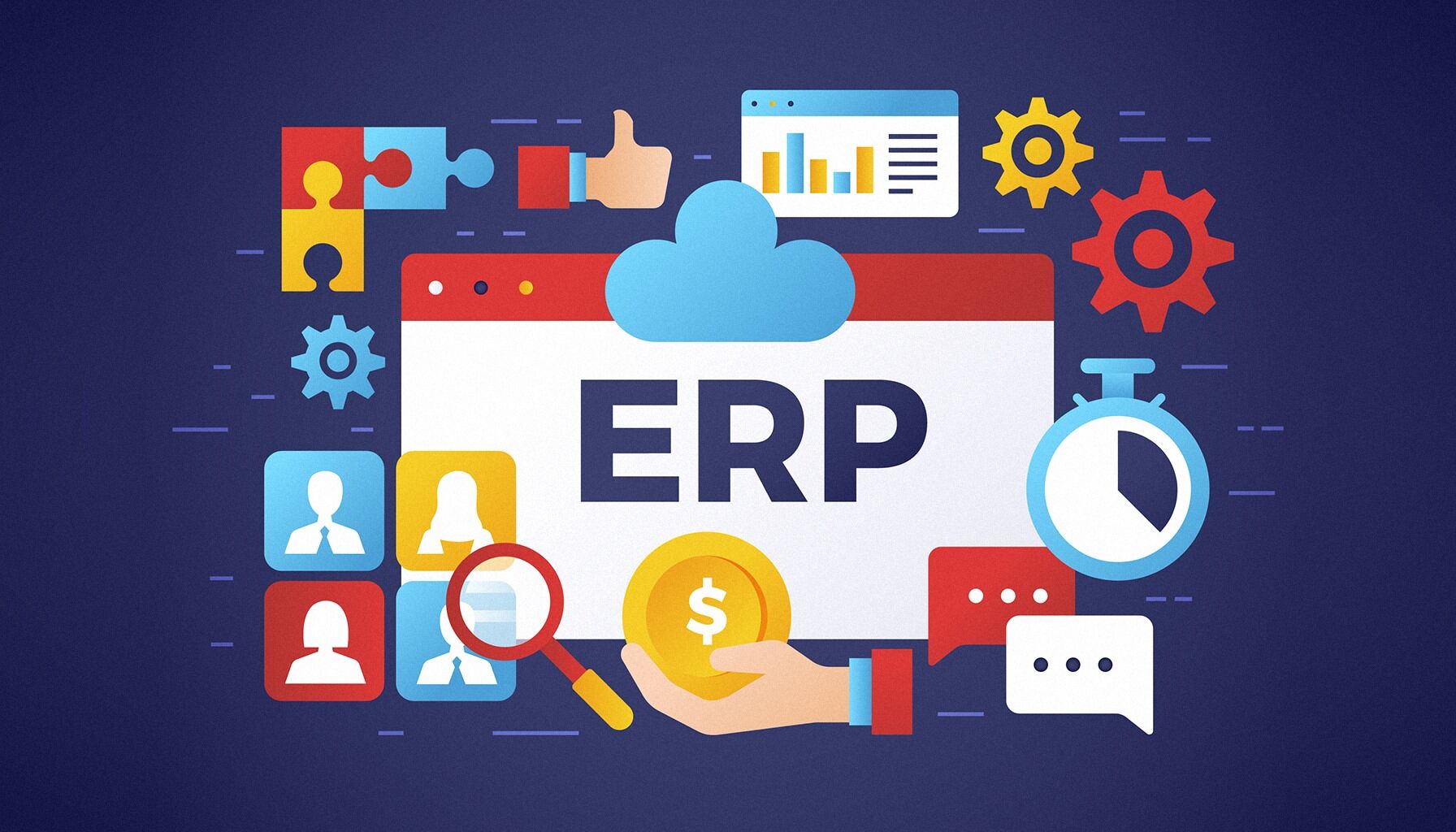The ERP (Enterprise Resource Planning) industry is at the heart of modern business operations, helping companies streamline their processes, manage resources efficiently, and make data-driven decisions.
However, despite the critical role ERP systems play, the industry is currently facing a significant labor shortage. This shortage is not only a challenge for ERP software providers but also for businesses that rely on these systems to remain competitive.
In this blog post, we will explore the reasons behind the labor shortage in the ERP industry, its impact on businesses, and potential ERP recruitment solutions to address this issue.
The Current State of the ERP Industry Labor Market
The ERP industry has been growing steadily over the years. According to a report, the global ERP software market was valued at $41.69 billion in 2020, and it is expected to reach $78.40 billion by 2026.
The industry is expected to grow at a compound annual growth rate (CAGR) of 9.8 percent. This rapid growth is fueled by the increasing adoption of ERP systems by businesses of all sizes, from small startups to large enterprises.
However, this growth has also led to a surge in demand for skilled ERP professionals, which the current labor market is struggling to meet.
A report by the Enterprise Strategy Group (ESG) found that 68% of organizations using ERP systems are experiencing a shortage of qualified professionals to manage and implement these systems.
Factors Contributing to the Labor Shortage
Several factors are contributing to the labor shortage in the ERP industry:
1. Rapid Technological Advancements
ERP systems are becoming more complex as they integrate with new technologies such as artificial intelligence (AI), machine learning (ML), and the Internet of Things (IoT).
This has created a demand for professionals with specialized skills in these areas, which are not widely available in the current workforce, leading to a significant ERP skills gap.
2. Aging Workforce
Many of the professionals who have been working with ERP systems since their inception are now approaching retirement age. This is creating a significant gap in the workforce, as there are currently not enough younger professionals with the necessary skills and experience to replace them.
3. Educational Gaps
The fast-paced evolution of ERP technology has outpaced the curriculum in many educational institutions. As a result, there is a gap between what students learn in school and the skills needed in the workforce.
According to a report, only 26% of graduates have the specific skills employers are looking for in ERP-related roles.
4. Competition for Talent
The demand for skilled professionals in other tech sectors, such as SaaS (Software as a Service) and ecommerce, is also contributing to the labor shortage in the ERP industry.
Companies are competing for the same pool of talent, driving up salaries and making it difficult for companies in the ERP industry to attract and retain qualified professionals.
The Impact of the Labor Shortage on Businesses
The labor shortage in the ERP industry is having a profound impact on businesses that rely on these systems to operate efficiently. Some of the key consequences include:
1. Delays in Implementation
The shortage of skilled ERP professionals is leading to delays in the implementation of new systems. This can be particularly problematic for businesses that need to upgrade their systems to remain competitive in their industry.
Delays in implementation can result in missed opportunities, reduced productivity, and increased costs.
2. Increased Costs
As demand for ERP professionals outpaces supply, the cost of hiring and retaining these professionals is rising.
According to the U.S. Bureau of Labor Statistics, the median salary for ERP consultants increased by 10% between 2019 and 2023, reaching an average of $95,000 per year. This increase in costs can strain the budgets of businesses, especially small and medium-sized enterprises (SMEs).
3. Lower Quality of Service
The shortage of skilled professionals can also lead to a decline in the quality of service provided by ERP firms.
With fewer qualified individuals available, businesses may struggle to find consultants who can effectively manage and optimize their ERP systems. This can result in suboptimal system performance, leading to inefficiencies and potential revenue losses.
Potential Solutions to Addressing the Labor Shortage
While the labor shortage in the ERP industry is a significant challenge, there are several strategies that businesses and educational institutions can implement to address this issue:
1. Invest in Training and Development
One of the most effective ways to address the labor shortage is by investing in the training and development of existing employees.
Companies can offer training programs to help employees acquire the necessary skills to work with modern ERP systems.
Additionally, businesses can partner with educational institutions to develop programs that align with industry needs, ensuring that graduates are equipped with the skills required by the workforce.
2. Partner with ERP Recruitment Specialists
Partnering with specialized recruitment firms like Hire With Jarvis is an effective way to address the labor shortage.
Recruiters who specialize in ERP hiring have access to a wide network of qualified professionals and can help businesses find the right talent quickly.
Our ERP Recruitment specialists have expertise in the ERP industry, allowing them to better understand the unique needs of businesses and match them with candidates who have the right skills and experience.
3. Leverage Automation and AI
While the shortage of human talent is a challenge, advancements in automation and AI can help alleviate some of the pressure.
By automating routine tasks and using AI-driven tools to manage complex processes, businesses can reduce their reliance on human labor and improve the efficiency of their ERP systems. This can also free up skilled ERP professionals to focus on more strategic tasks that require human expertise.
4. Offer Competitive Compensation Packages
To attract and retain top talent in the ERP industry, businesses must offer competitive compensation packages that go beyond just salary. This can include benefits such as flexible working hours, remote work options, professional development opportunities, and performance-based incentives.
By creating a positive work environment and offering attractive perks, companies can differentiate themselves from competitors and build a loyal, skilled workforce.
5. Promote Diversity and Inclusion
Expanding the talent pool by promoting diversity and inclusion in the workplace can also help address the labor shortage.
By actively recruiting individuals from diverse backgrounds and providing opportunities for underrepresented groups, businesses can tap into a broader range of talent.
Additionally, creating an inclusive workplace culture can lead to increased innovation and problem-solving, as diverse teams bring different perspectives to the table.
Final Thoughts
The ERP labor shortage is a serious challenge that can impact your business’s efficiency and profitability. Taking proactive steps now, like partnering with a recruitment firm that understands the ERP market, is crucial to staying competitive.
Don’t wait until the shortage affects your bottom line. At Hire With Jarvis, we specialize in finding top ERP and tech talent to keep your business ahead of the competition. Our expertise ensures you have the right ERP professionals when you need them.
Discover how we can help streamline your recruitment process by visiting our services page or exploring our client success stories. Let us help you build a team that drives your business forward.
Reach out to us today, and let’s work together to make your company the success it should be. Stay updated with the latest business trends and insights by following us on LinkedIn.




